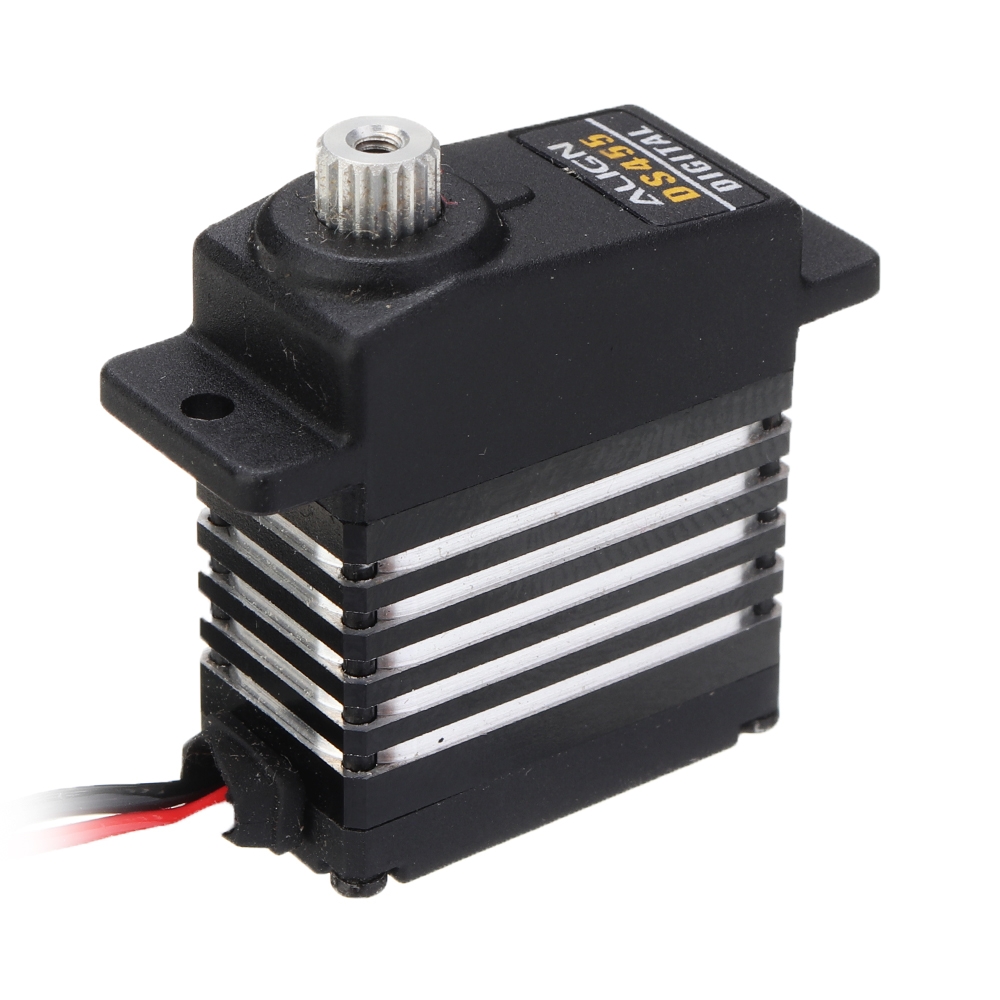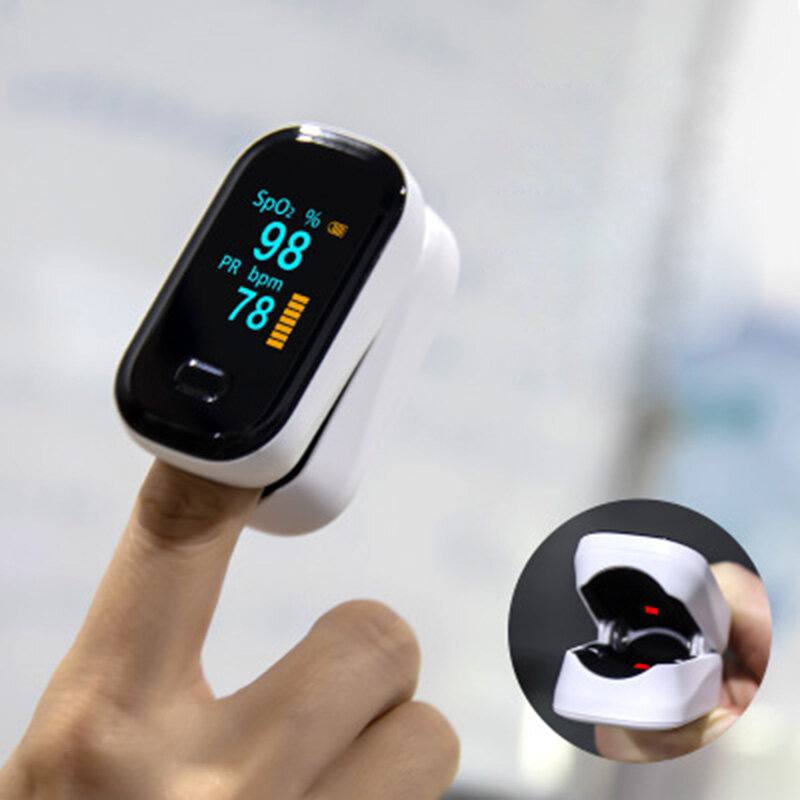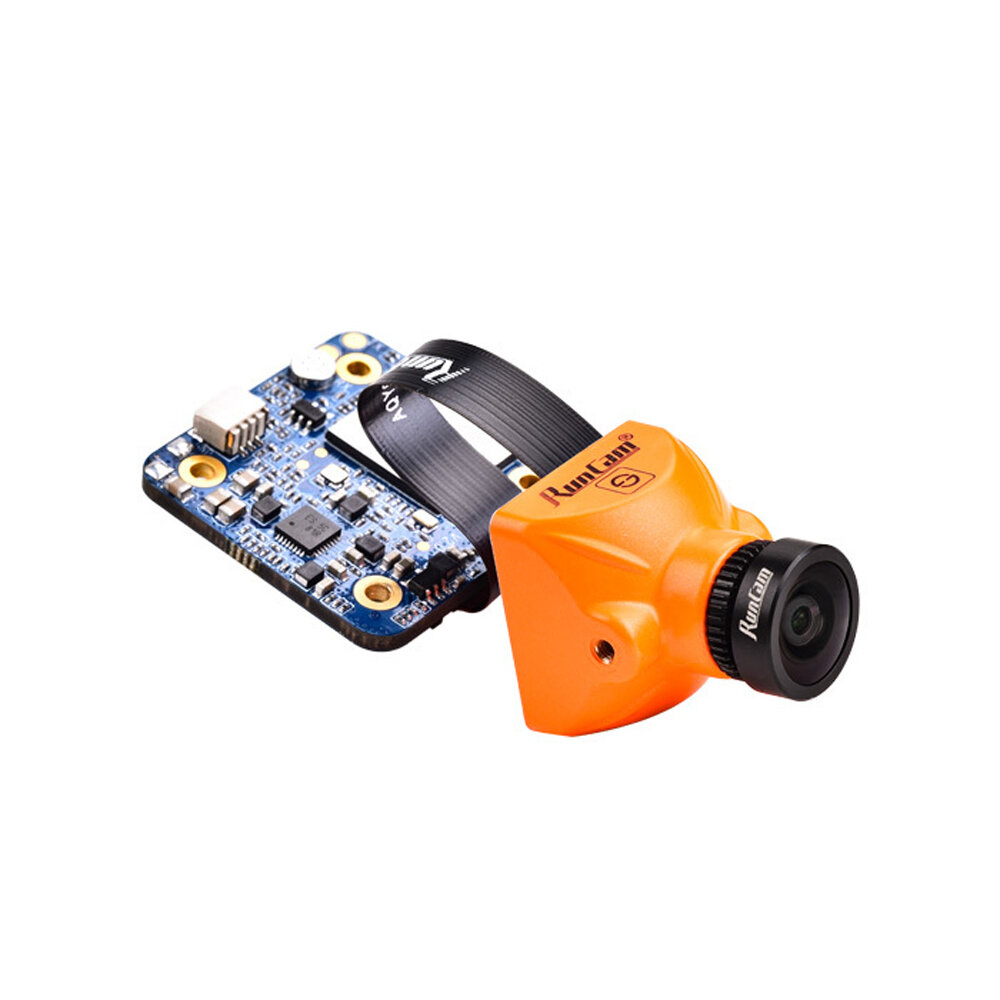Just like the Gemfan Hurricane 4023-3 props the new SL 5125 features Gemfan's innovative hub design that's compatible with both conventional 5mm and T-mount 1.5mm style shaft motors.
This prop is one of the Best and probably the ONLY (At the time of release) 5" Ultralite prop that's compatible with T-Mount shaft motors.
This prop is one of the Best and probably the ONLY (At the time of release) 5" Ultralite prop that's compatible with T-Mount shaft motors.
Specifications:
Diameter: 5.1"
Pitch: 2.5"
Blades: 3
Material: Polycarbonate
Blade Diameter: 129.54
Hub Thickness: 5.5mm
Shaft Hole: 5mm and 1.5mm T-mount with the optional included insert
Weight: 2.8/3.0g(with adapter)
Blades: 3
Material: Polycarbonate
Blade Diameter: 129.54
Hub Thickness: 5.5mm
Shaft Hole: 5mm and 1.5mm T-mount with the optional included insert
Weight: 2.8/3.0g(with adapter)
Package Included:
2* SL 5125-3 CW Propellers
2* SL 5125-3 CCW Propellers
Recommended use: (these are just soft recommendations):
AUW well under 400g
15-31g motor of 18mm width or more
3S-4S battery/kv setup
Will work for higher weight quads and have excellent response but will just feel a bit underpowered due to its lightweight, low drag, low load nature
SOME FOOD FOR THOUGHT REGARDING QUAD SETUPS:
We recommend a motor thatâs at least 18mm wide. Smaller will work fine but youâre giving up control performance for the sake of lightness. Depends what you want however. Next, many may want to run an ultralight or micro on 6S but more amperage and less volts seems to be more beneficial for flight characteristics, flight time and overall ease of use. The only time we recommend moving up in voltage is when the load on the battery becomes so excessive that it cannot maintain its voltage well. A 5âcamera carrying quad or racing quad will have significantly higher loads on them than an ultralight. We donât recommend less than 3S, but more than 4S on micros and ultralights is also just going to be adding complexity and increased component risk and cost with not any real world gains. Because of how ESCâs work, they also prefer normal amperage instead of more voltage and less amperage to the point that higher volts with smaller equivalent capacity will not only be more complicated to tune and operate smoothly, but it will actually be less flight time. Of course this is all a very general perspective and it entirely depends on what youâre doing. This passage is intended for someone that does not have ample experience with building tons of setups. If you have that experience, this is not for you because you already know what youâre going to do...this discussion is endlessâ¦

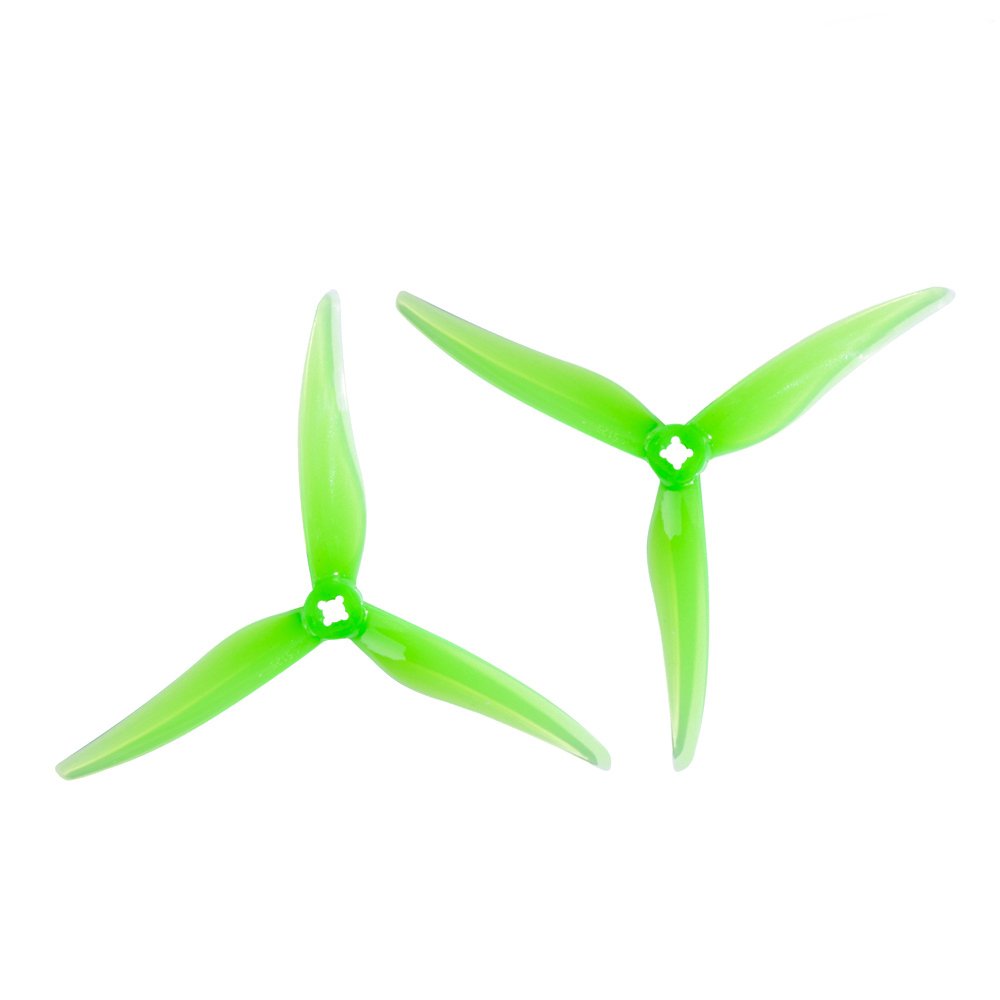
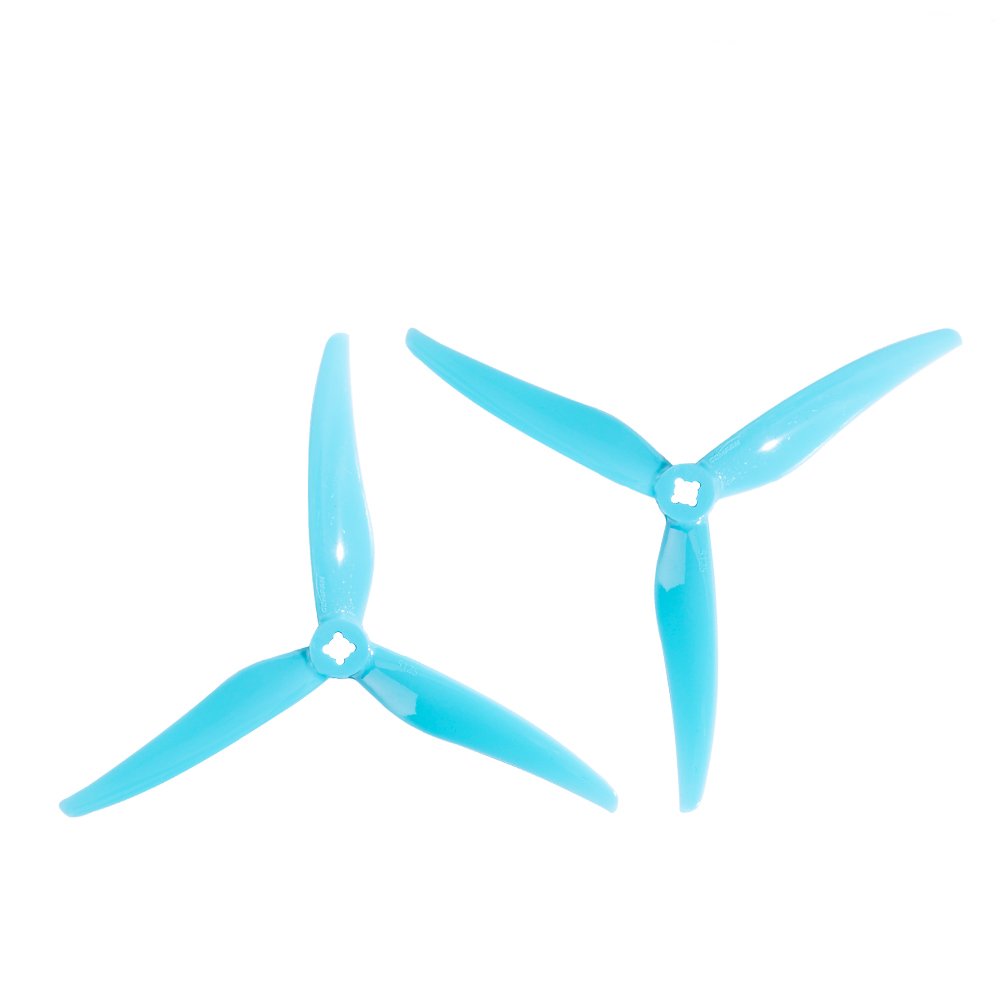
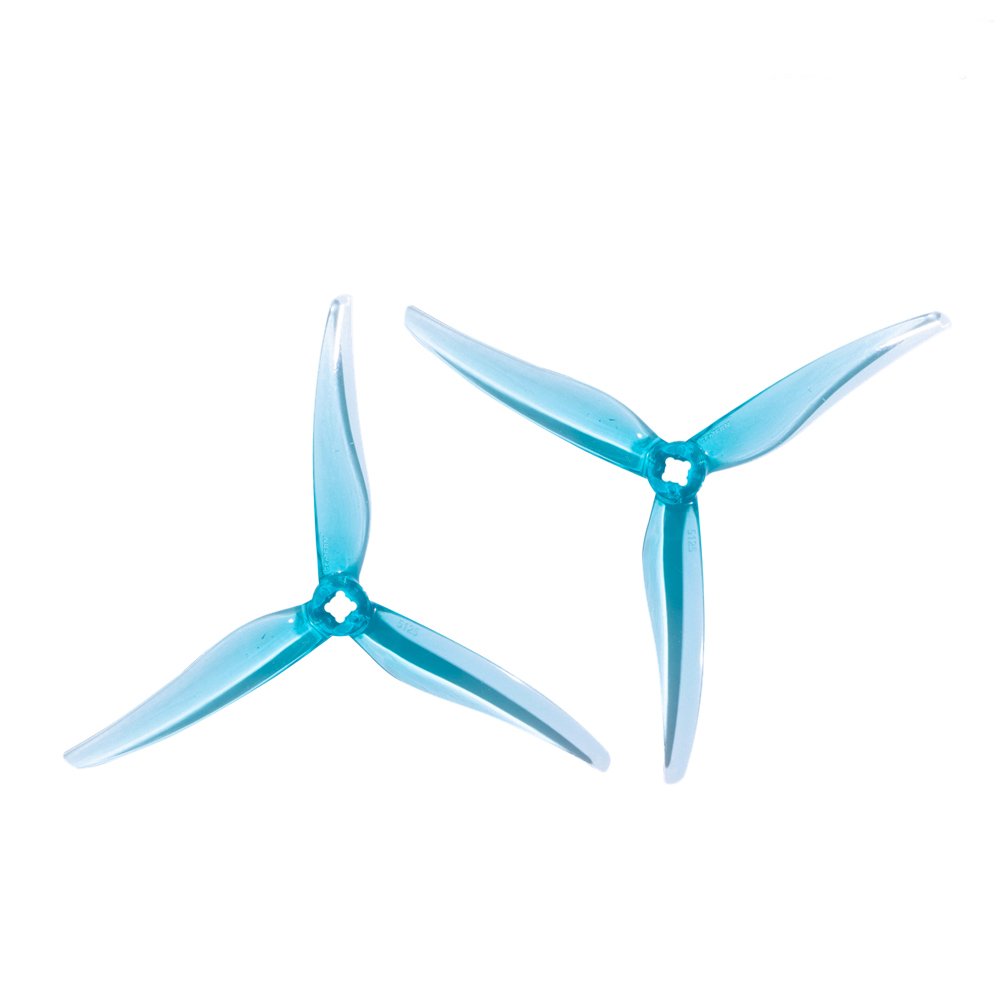
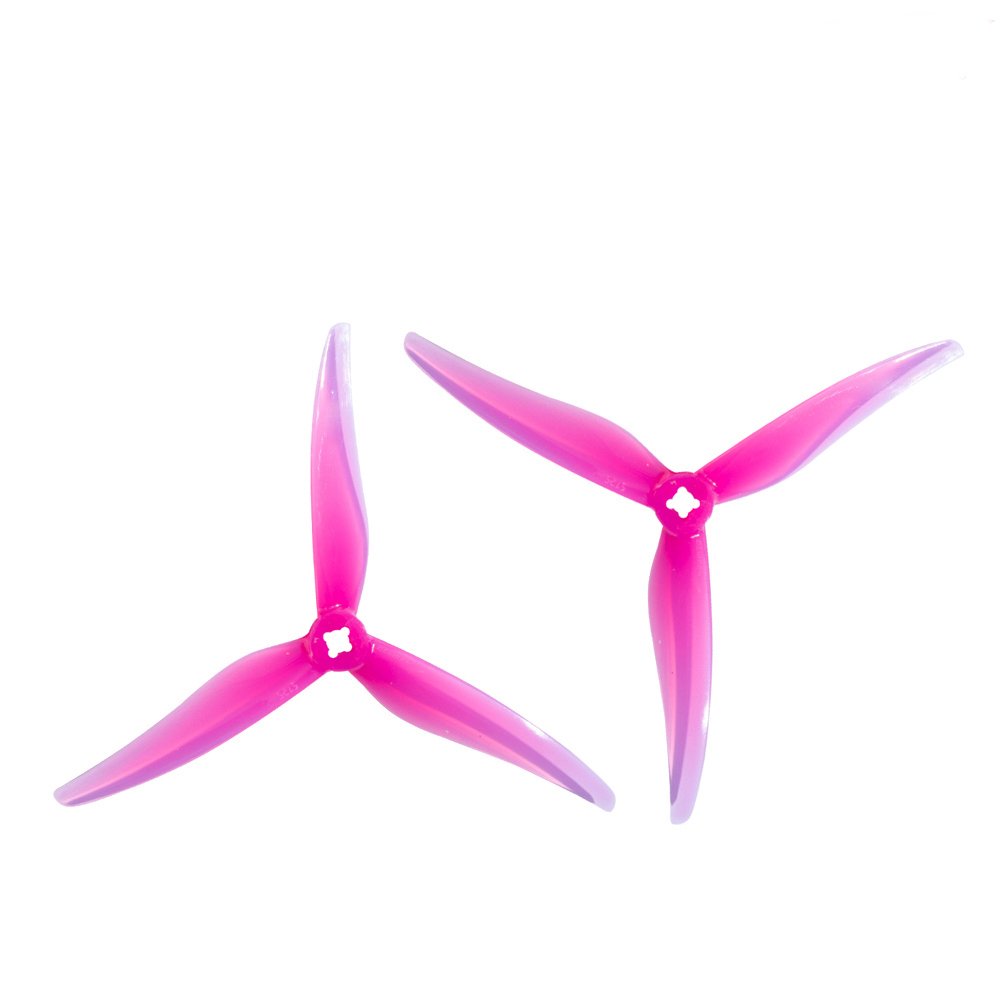
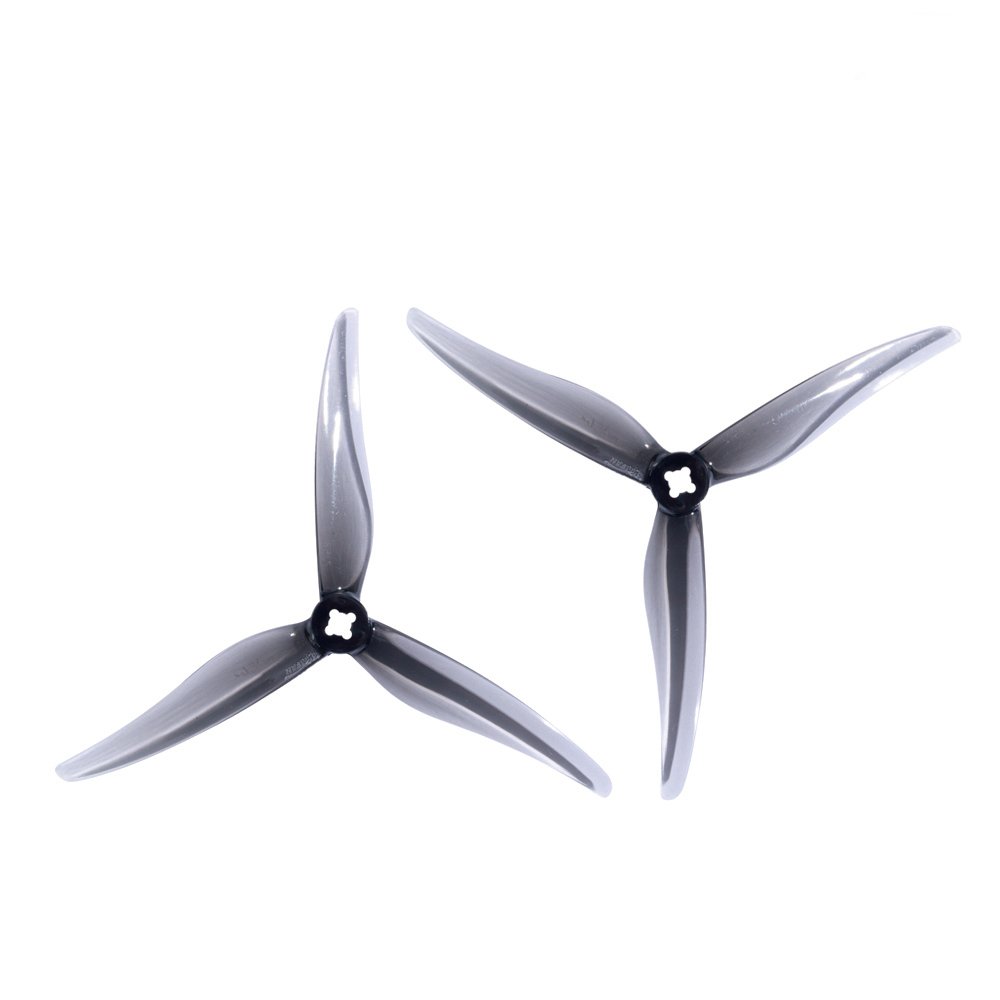

null




























